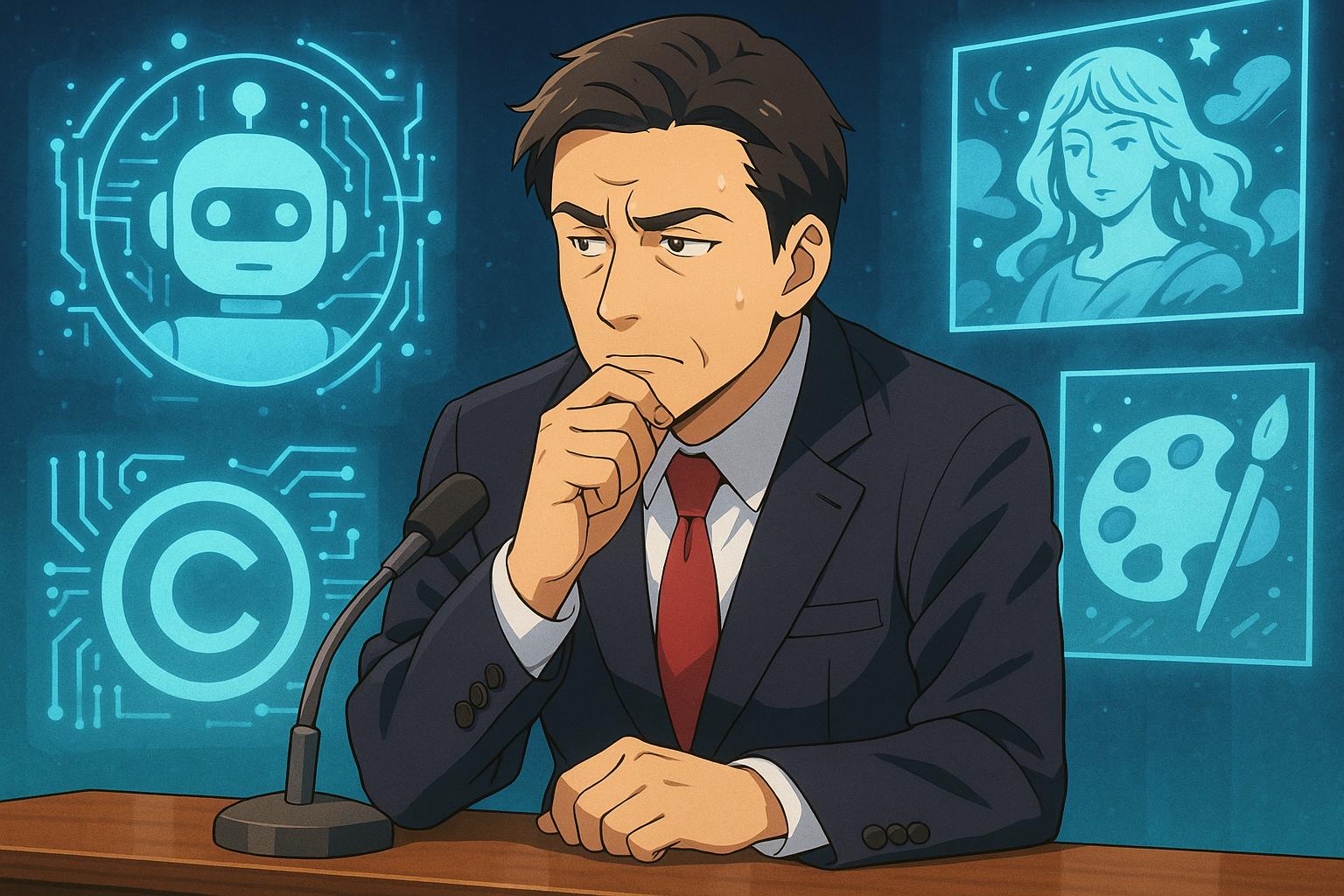Nick Clegg, the former British Deputy Prime Minister and currently President of Global Affairs at Meta, stirred controversy with his recent comments regarding proposed artificial intelligence (AI) regulations in the UK. During a promotional event for his latest book, Clegg warned that the obligation for AI developers to seek permissions from copyright owners before using their work for training purposes could stifle the UK’s burgeoning AI industry. He expressed scepticism about the practicality of such measures, stating, “I don't know how you can get permission from everyone first. I don't see how it can be implemented.” This assertion underscores the tension between technological innovation and the protection of creative works.
Clegg’s remarks come amid ongoing debates within the UK Parliament regarding amendments to the Data (Use and Access) Bill, which would mandate increased transparency from tech firms on the copyrighted materials employed in AI training. The creative community, comprising hundreds of notable figures including Paul McCartney and Elton John, has rallied in support of these amendments, arguing that they are essential for safeguarding creators’ rights. However, British Technology Minister Peter Kyle highlighted the potential economic risks of imposing strict regulations, insisting on the need for a balanced approach that nurtures both the AI and creative sectors.
Amidst these discussions, Beeban Kidron, a member of the House of Lords and a film producer, has emerged as a central figure advocating for these amendments. Kidron argues that enforcing transparency will enhance copyright protections and encourage better practices from AI companies regarding content usage. “This struggle is not over yet,” Kidron asserted, reflecting the ongoing nature of the negotiations and the challenges faced in balancing innovation with legal safeguards.
Clegg’s views echo a broader apprehension about the potential consequences of stringent regulations on technological advancement. He recently likened the current discourse surrounding AI to the ‘moral panic’ seen in the 1980s over video games, cautioning against overly pessimistic narratives that could stifle innovation. He advocates for a regulatory environment that fosters creativity while addressing appropriate concerns about AI, emphasising the risk of losing competitive advantage should the UK impose regulations not mirrored by other countries.
Increasingly, debates around AI and copyright laws highlight a fundamental conflict in the landscape of digital innovation. Critics of the UK government's proposed reforms argue that they disproportionately benefit large technology firms at the expense of creators, with many calling the initiative a “legalisation of music theft.” The call for a new copyright exception, which would allow AI companies to utilise UK copyrighted works without obtaining licenses, has incited significant backlash, including protests from over a thousand artists.
As Clegg and other stakeholders grapple with the implications of AI technologies, the tension is poised to escalate. With calls for both innovation and protection of intellectual property at the forefront of these discussions, the UK government faces a complex challenge in navigating the future of AI regulation. Ensuring that creators are fairly compensated while fostering an environment ripe for technological breakthroughs may ultimately define the success of the UK's efforts in the global AI arena.
Reference Map:
Source: Noah Wire Services
